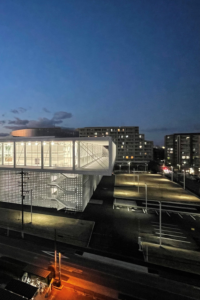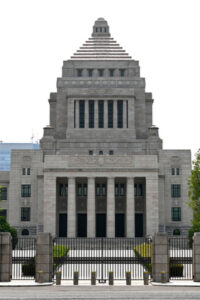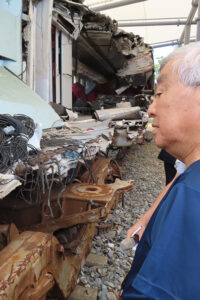
Japan’s proportion of women in science and engineering at the university level is the lowest among OECD countries. In engineering, manufacturing, and architecture, fields in high demand by companies, only 16% of students are women, compared to the OECD average of 26%, and in science, mathematics, and statistics, only 27% are women, compared to the OECD average of 52%. The mathematics scores of Japanese high school girls are extremely good compared to the rest of the world. Why, then, do Japanese high school girls who excel academically not go into science? Of course, there are excellent female students with high academic ability who do choose to go into science. But many of them choose the medical field. In Japan, doctors are highly paid and have a stable position as a respected profession. In pharmacy, too, even if there is a career interruption due to ... ... [Read more]








